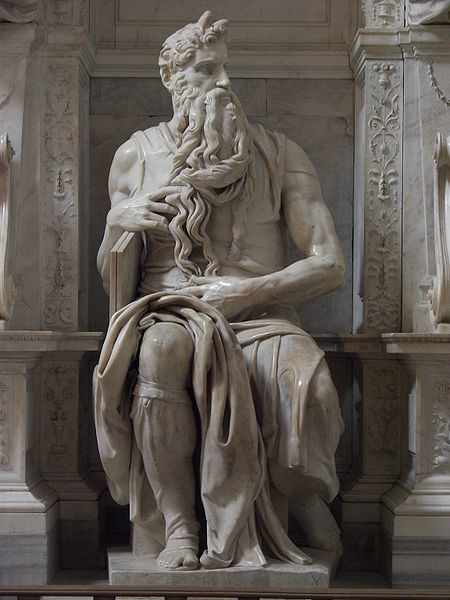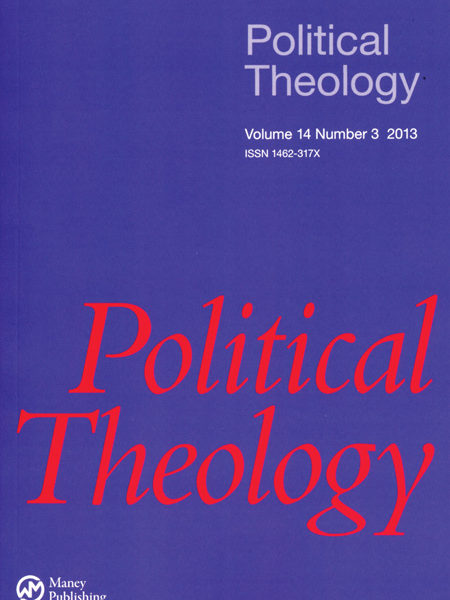
Let’s be clear. There is no academic field called “Islamic Political Theology”. So naturally there are hardly any books on Islamic Political Theology. Political Theology is largely a field of study within Christian Theology. This field, as I understand it, examines the relationship between the way we describe God and the way we describe the political. In the history of the Church there has been a strange correspondence between the two. A number of shared concepts, narratives, myths and symbols sustain each.

….Because war’s constituent ingredients are killing and/or physical harm, and because, in Childress’ argument, those two things are “intrinsically prima facie wrong” because of the prima facie obligation of nonmaleficence, war itself is prima facie wrong. Therefore, for Childress – and those who follow him – just war theory has evolved out of the need to justify the overriding of nonmaleficence but begins with the presupposition of war’s prima facie wrongness.

For me the field of political theology does not exist in isolation from a number of other disciplinary genres. There are some older texts which helped mark out the territory and possess a kind of classical importance. That claim needs to be seen in perspective. I am writing out of Australia and, prior to living here, taught theology in Aotearoa-New Zealand following postgraduate study at Cambridge.
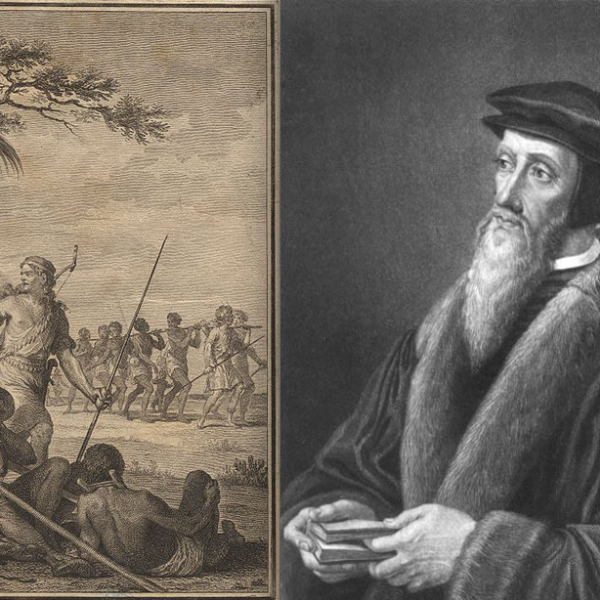
In a sermon on 1 Tim 6:1-2, John Calvin commented,
“…but they were slaves, of the kind that are still used in some countries, in that after a man was bought the latter would spend his entire life in subjection, to the extent that he might be treated most roughly and harshly: something which cannot be done amidst the humanity which we keep amongst ourselves. Now it is true that we must praise God for having banished such a very cruel brand of servitude.”[1]
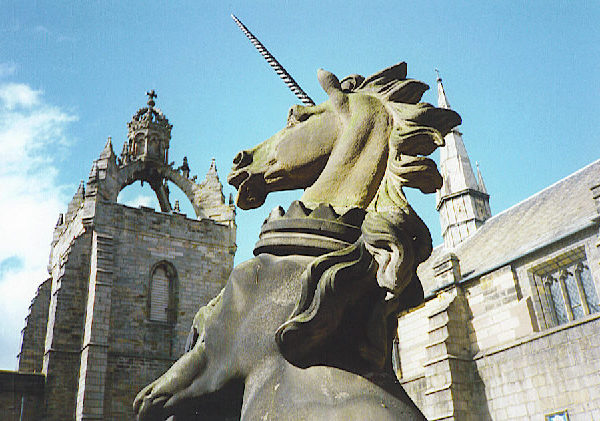
The Center for Citizenship, Civil Society, and the Rule of Law will be hosting a conference at King’s College, Aberdeen this coming June 24-27. Here is the text of their CFP:
Call for papers – annual CISRUL workshop and PhD summer school
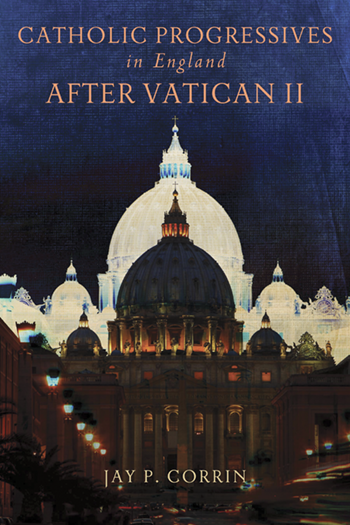
This book examines the development of Catholic social philosophy from the end of World War II up through the turbulent 1960s. Vatican Council II can be seen as the culmination of the Catholic liberal or progressive tradition, the earlier history of which was the subject of my previous book Catholic Intellectuals and the Challenge of Democracy (2002). Thanks to the ground-breaking work of such Catholics as Jacques Maritain, Virgil Michel, Hans Küng, John Courtney Murray and others, there was in place by the calling of Vatican II a theological platform from which the Church could launch a progressive approach to the secular challenges of the modern age.

The growing power of government to trace everything that we do and to reveal our most compromising secrets has been an increasing source of public concern over the last year or so. In Jesus’ encounter with the Samaritan woman at the well we see an example of such omniscience employed to liberate, rather than to enslave. While such godlike power in the hands of our governments is a scary prospect, in God’s hands it need not be a cause of fear.
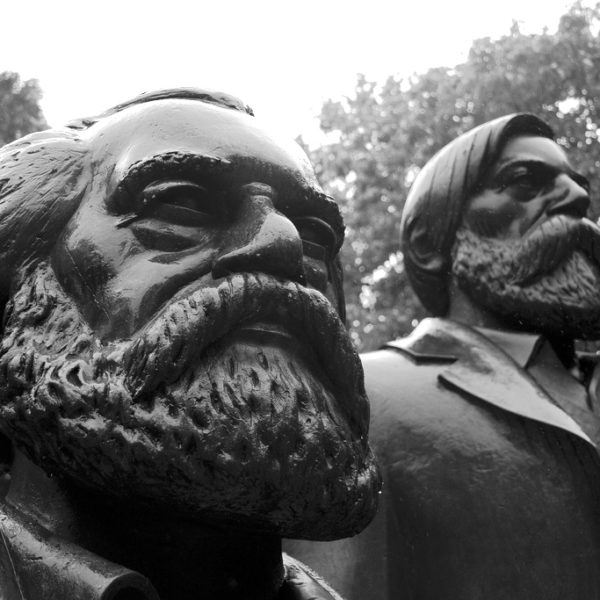
I would like to change direction a little in this reflection on one hundred years of political theology. My interest for some time has been the complex intersections – or translations – that take place between Marxism and religion. I find unpersuasive the assertion that Marxism is a secularised or pseudo-religion, a political movement that relies upon a religious framework in order to develop its positions. This is to fall into the double-trap of a secularisation narrative and making theology an absolute and thereby the source of all modern political thought.
